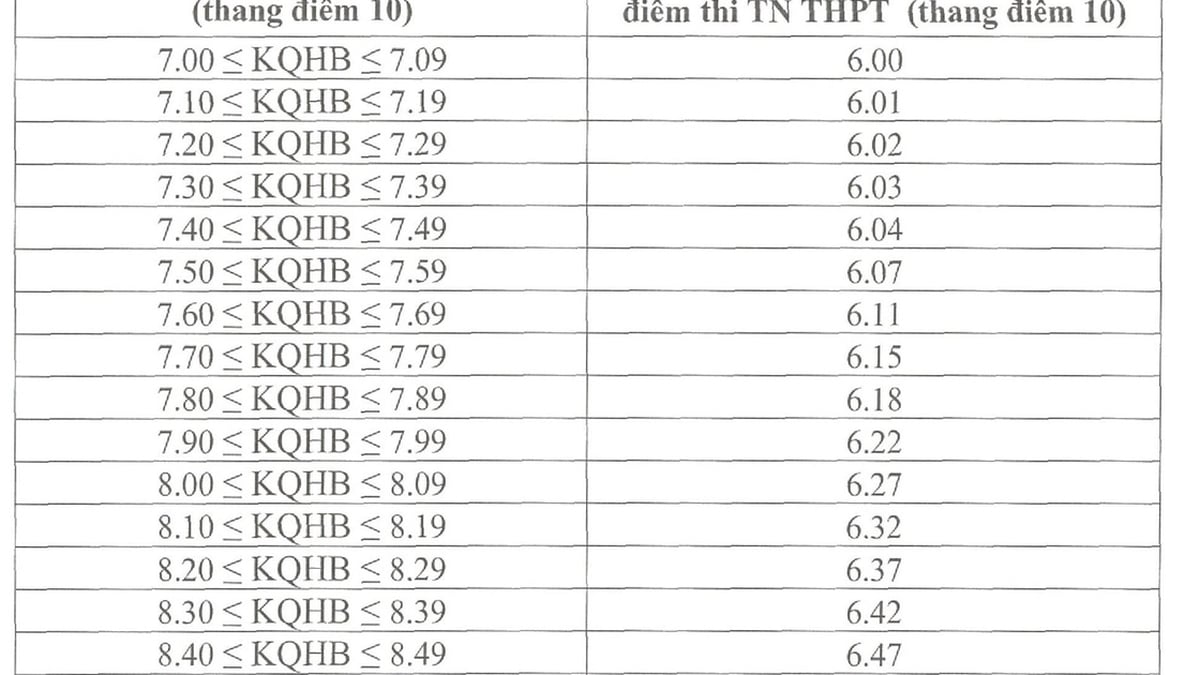Eating habits, drinking alcohol, and taking certain medications can affect blood lipid test results.
According to the US Centers for Disease Control and Prevention (CDC), high cholesterol is a major risk factor for heart attack. Blood lipid tests measure the amount of cholesterol and triglycerides in the blood, thereby detecting cardiovascular diseases early and making appropriate adjustments.
Total blood lipid levels are normal if LDL cholesterol < 100 mg/dL, HDL 40-60 mg/dL (the higher the better), triglyceride < 150 mg/dL, total cholesterol < 200 mg/dL.
Below are some factors that can affect blood lipid levels.
Diet
The liver produces most of the cholesterol in the body. Cholesterol found in foods such as eggs, cheese, organ meats, etc. has little impact on overall health but can still temporarily increase cholesterol levels. Cholesterol levels often rise after eating. Therefore, people who are tested for cholesterol are often asked to fast for 9 to 12 hours before the test.
smoke
According to the US CDC, smoking increases plaque buildup and reduces levels of good cholesterol (HDL). Smoking can also damage blood vessels, increasing the risk of blood clots, leading to heart attacks and strokes.
Alcohol
The body breaks down alcohol in the digestive system, then the liver synthesizes it into cholesterol and triglycerides. Drinking alcohol can change blood lipid levels. Avoid alcohol for 24 hours before a cholesterol test.
Weight
According to the American Heart Association, obesity is a risk factor for high cholesterol. Maintaining a healthy weight can help improve cholesterol test results. Exercise, eating plenty of fruit, controlling calories, and weight help reduce the risk of heart disease and stroke.

Eating fast food and sweets can affect cholesterol test results. Photo: Freepik
Pathology
Certain kidney, liver, and thyroid diseases can significantly affect cholesterol levels. Chronic inflammatory and infectious conditions such as rheumatoid arthritis, lupus, and psoriasis can also affect blood lipid tests.
Medicine
Test results may be inaccurate when taking sedatives, birth control pills, beta-blockers, anabolic steroids, or diuretics. Patients should discuss with their doctor the medications they are taking before having their lipid levels checked.
Hereditary
Cholesterol test results are higher in people who are in good health, exercise regularly, do not take medications, eat a healthy diet, and control stress.
People with blood lipid levels outside the normal range are at higher risk of heart disease, stroke, and atherosclerosis. Doctors consider other factors such as family history, weight, and exercise to determine risk. In some cases, false test results are due to improper fasting, medication use, and other factors.
Bao Bao (According to Livestrong, Very Well Health )
| Readers ask questions about cardiovascular disease here for doctors to answer |
Source link





























![[Photo] National Assembly Chairman Tran Thanh Man visits Vietnamese Heroic Mother Ta Thi Tran](https://vphoto.vietnam.vn/thumb/1200x675/vietnam/resource/IMAGE/2025/7/20/765c0bd057dd44ad83ab89fe0255b783)








































































Comment (0)